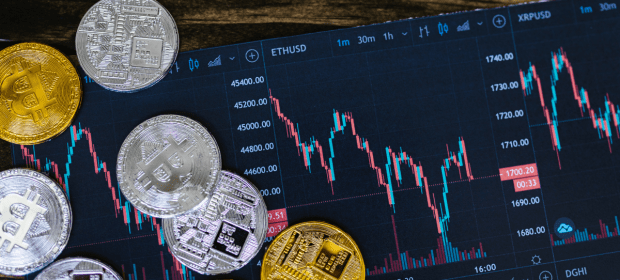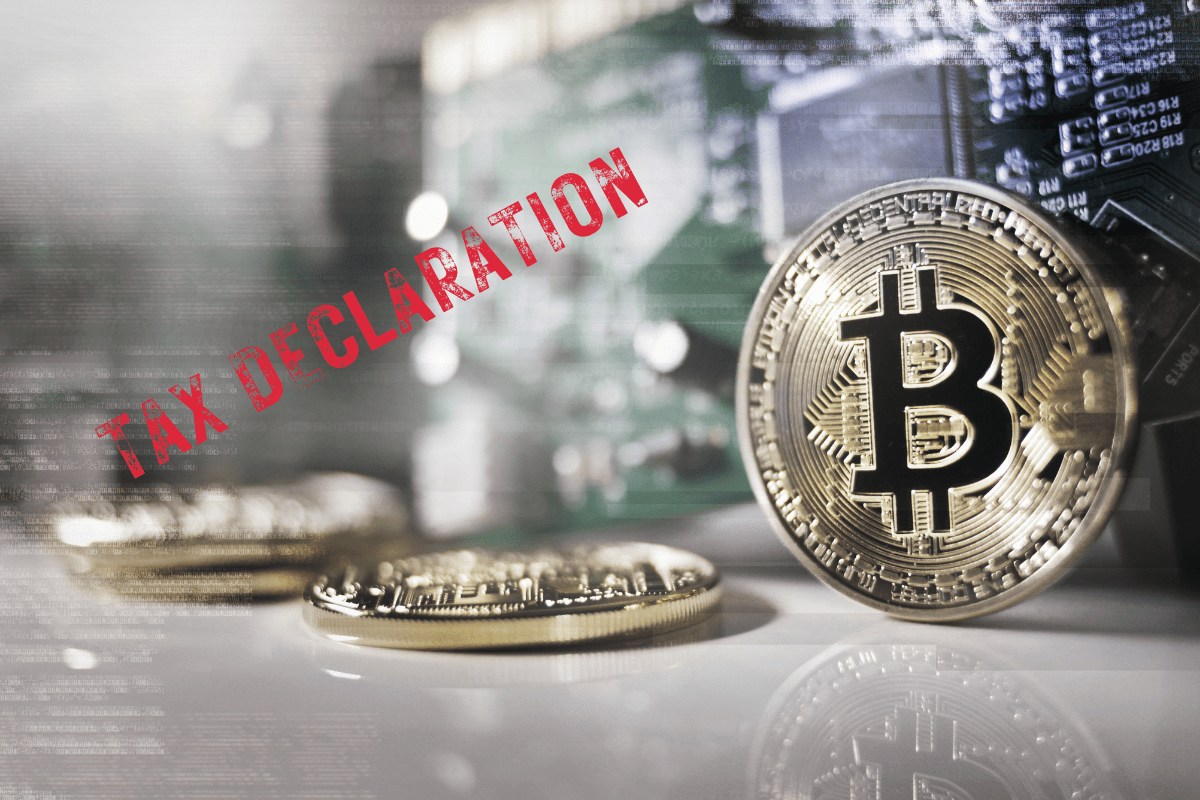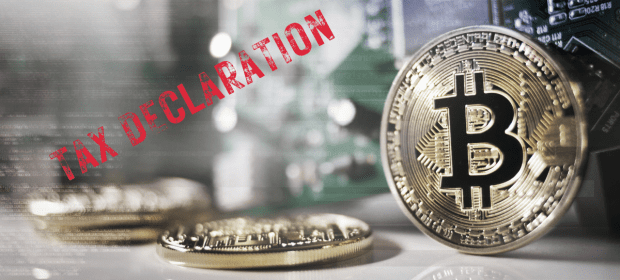Patience is a virtue, but in today’s world this is sometimes forgotten as people try to do as much as possible as quickly as possible. This approach is often also applied to investing – trying to get rich quick – but this can result in flawed investments which may result in losing money. An asset class which has been used this way over the past year is cryptocurrency, with its rollercoaster ride making and breaking fortunes.
Still a relatively young asset class, cryptocurrency first gained traction with the Bitcoin boom in 2017 and were again very much in the news in 2021. The value of Bitcoin shot up making those who had held the coin for years very rich. As often happens, the opportunity attracted much attention, leading to the increase in popularity of alternative coins such as Ethereum and Litecoin, and the creation of numerous others.
But what is cryptocurrency? Cryptocurrencies are digital currencies which permit automated transaction recording and record maintenance by a decentralised system, using cryptography, as opposed to using a centralised, regulated authority to keep the accounts. They are based on blockchain technology, which is an important innovation in itself with potential uses in a multitude of applications across all industries. But a key point to remember before you buy cryptocurrencies is that they are currently unregulated by any authority, which means that their value can be manipulated and safety cannot be guaranteed. This is the main reason why most financial advisers rarely recommend this asset class to their clients.






